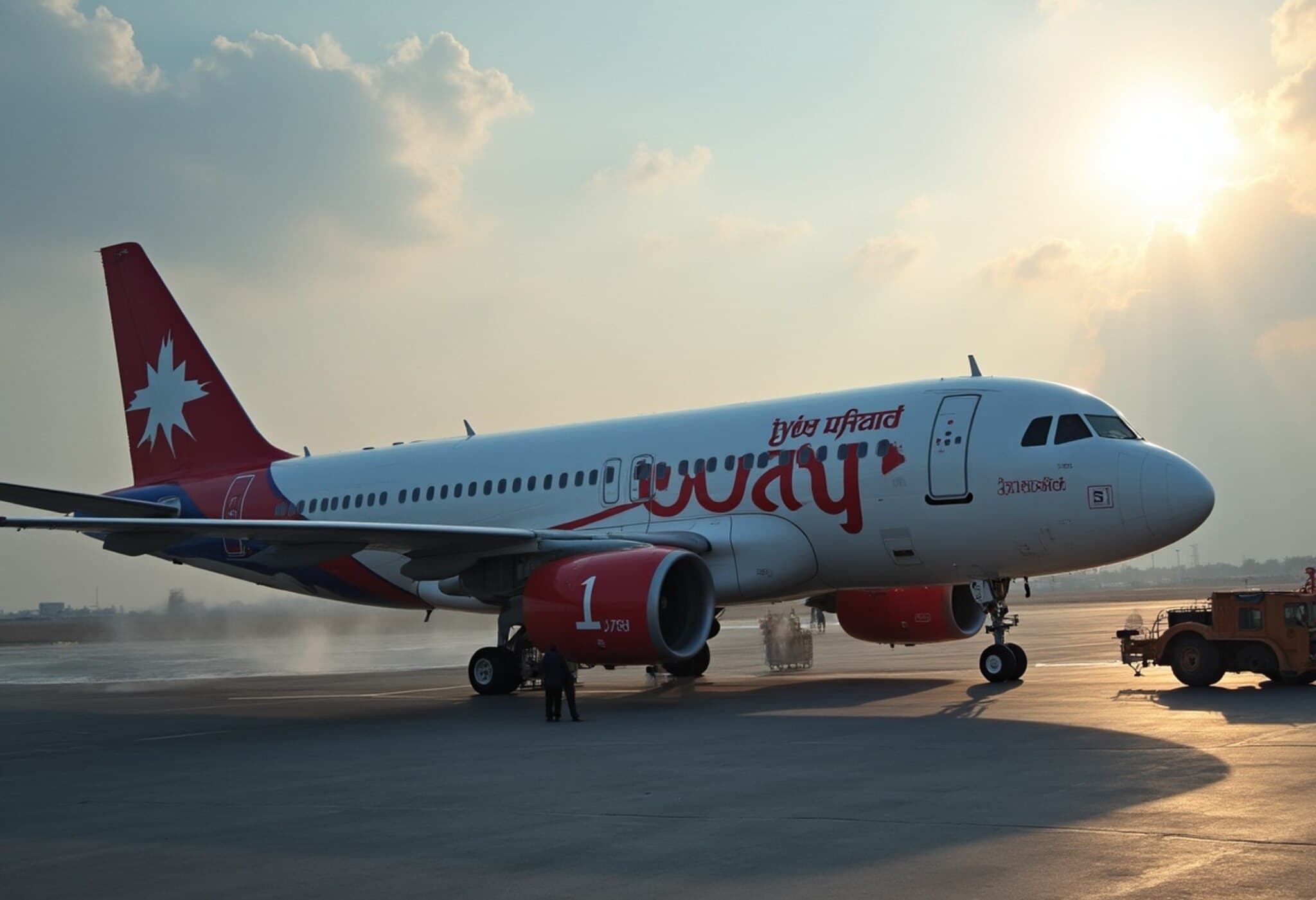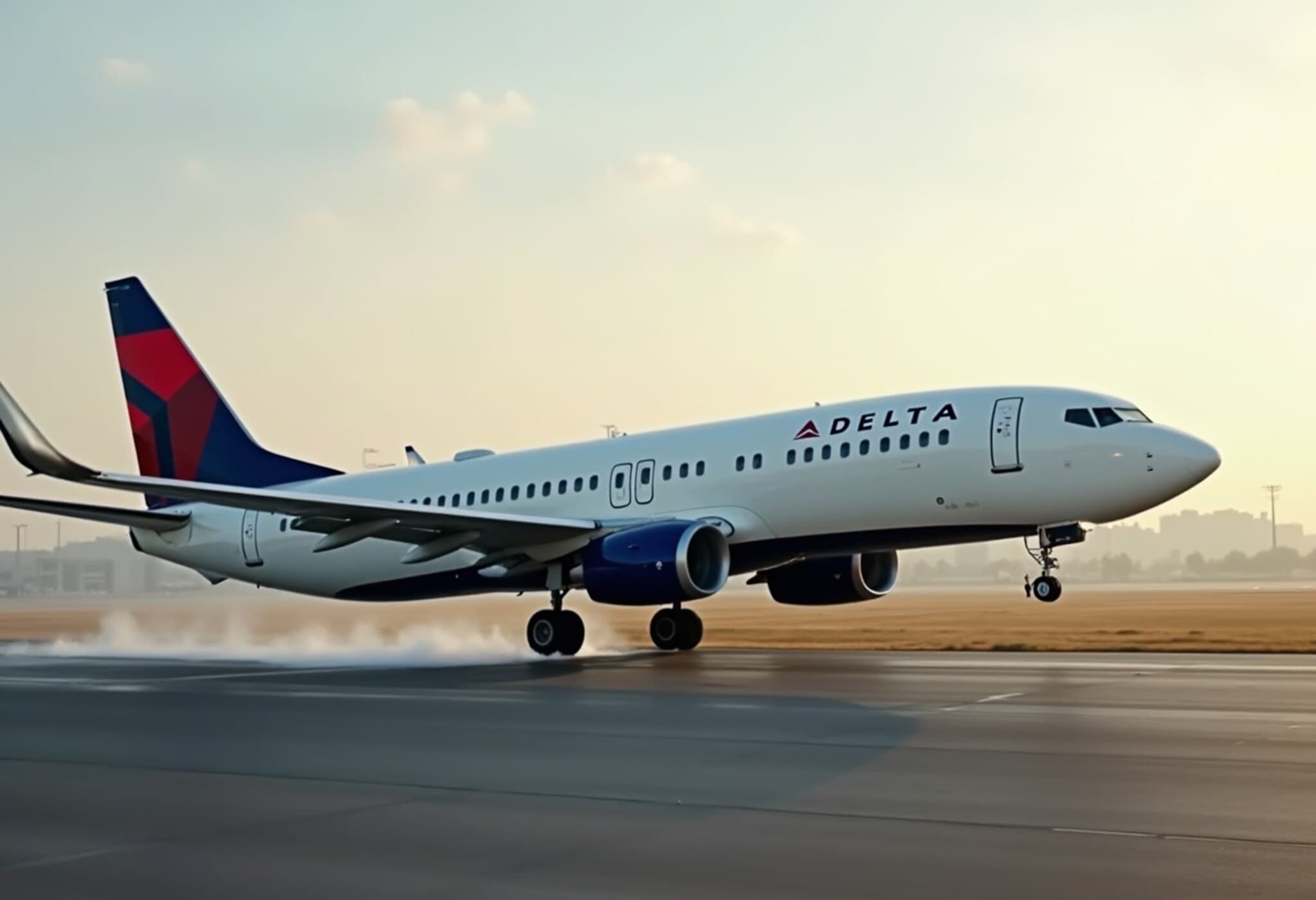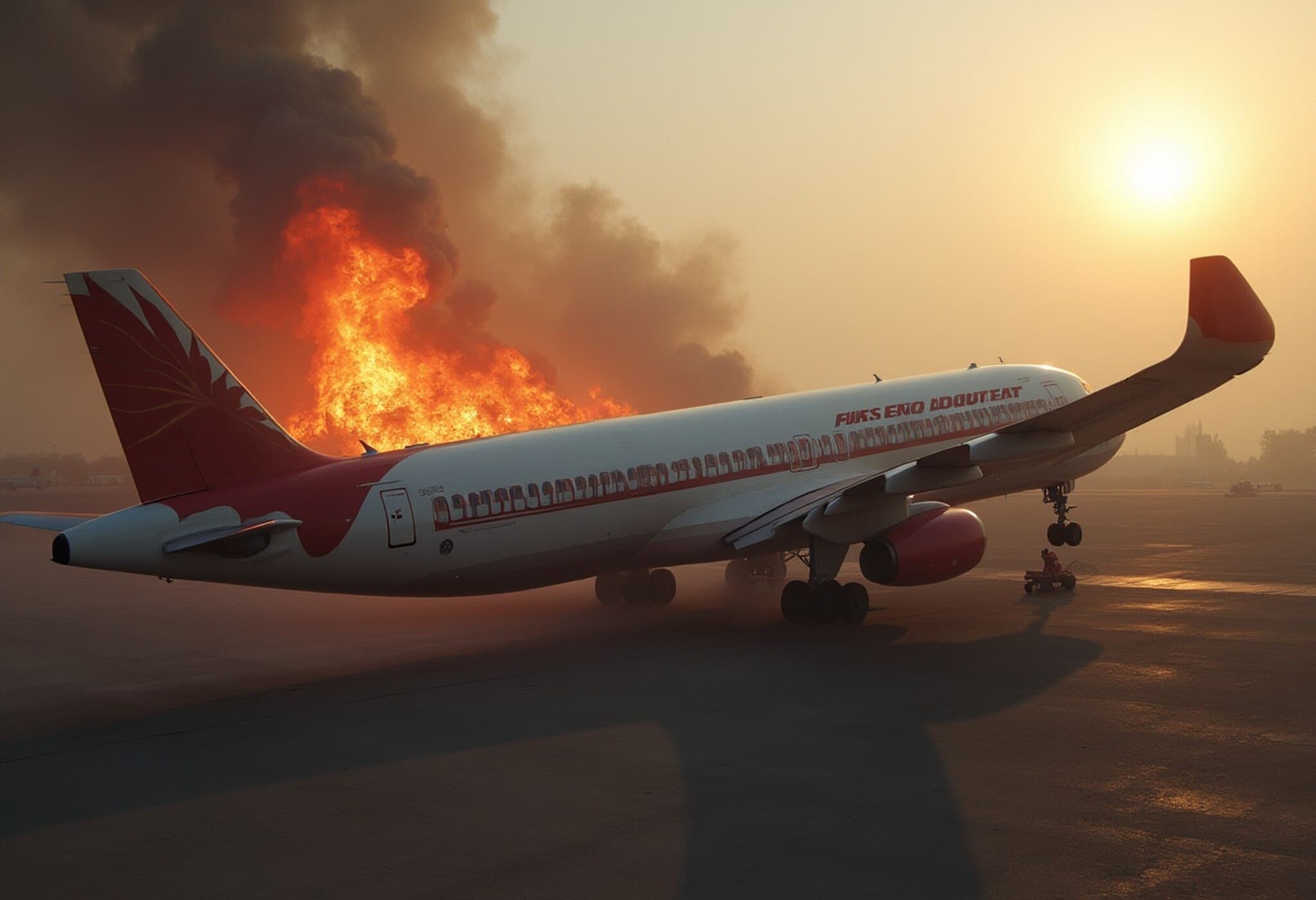UK Air Accidents Investigation Branch Steps In Following Air India Crash Report
In the wake of the tragic Air India plane crash near Ahmedabad on June 12, 2025, which claimed 241 lives including 52 British nationals, the United Kingdom’s Air Accidents Investigation Branch (AAIB) has confirmed it is thoroughly reviewing the preliminary report issued by Indian investigators. This development marks an important step in the multinational effort to unravel the causes behind the catastrophe and deliver clarity to grieving families.
The Preliminary Findings and International Collaboration
The Indian Aircraft Accident Investigation Bureau (AAIB) released a concise, 15-page report outlining early findings from the crash investigation. According to the document, a critical malfunction occurred when fuel-control switches on both engines inadvertently shifted positions within just one second. This malfunction prompted a rapid loss of altitude, which ultimately led to the fatal crash.
In a chilling revelation contained within the cockpit voice recorder, one pilot questioned the other about the unexpected fuel cutoff. The latter insisted he did not engage the fuel controls, indicating possible mechanical failure or miscommunication under extreme pressure.
The UK’s AAIB has been granted 'expert' status under international aviation investigation protocols, allowing it to provide technical assistance and partake in the scrutiny process. The British authority emphasized their ongoing close collaboration with Indian counterparts but stressed that releasing investigation details remains the prerogative of India’s AAIB.
Expert Insight: Why Multinational Expertise Matters
Aviation safety investigations involving international passengers demand cooperation across borders. The UK AAIB’s involvement ensures that the interests of British nationals' families are adequately represented, and that lessons learned can improve safety standards universally. As aviation expert Dr. Elizabeth Carter explains, "Involving multiple agencies not only broadens technical expertise but also fosters transparency and shared accountability, which are fundamental to restoring public confidence."
Families Seek Stronger Voice in Safety Investigations
While the preliminary report sheds light on potential mechanical triggers, it has also spotlighted a significant concern: the exclusion of victims’ families from the investigative dialogue. Over 20 British families, represented by Keystone Law, have voiced frustrations over lack of direct representation in the investigative process.
James Healy-Pratt, Aviation Partner at Keystone Law, remarked, "This preliminary report narrows the investigation focus around the fuel control systems, which is a step forward. However, families feel sidelined in a process that deeply affects them personally. There should be an established mechanism enabling expert family representation to contribute meaningfully to the global safety investigation."
This call underscores a broader challenge in aviation accident inquiries—balancing technical complexities with empathetic engagement of victims’ relatives. Families' participation not only provides emotional closure but can also introduce critical perspectives on safety oversight and airline accountability.
The Road Ahead: Months of Investigation Still to Come
This preliminary report marks the beginning, not the end, of a painstaking investigative journey. India’s AAIB cautions that compiling a comprehensive final report will require several months as experts delve deeper into technical data, aircraft maintenance history, and potential human factors.
Meanwhile, stakeholders—including international regulators, airline operators, and victim advocates—await further findings that will likely influence future regulatory reforms aimed at preventing similar tragedies.
Broader Implications for Global Aviation Safety
- Cross-border investigations highlight the need for standardized protocols ensuring all affected parties’ interests are balanced.
- Technological scrutiny of cockpit systems could trigger design reviews to prevent ambiguous controls causing fatal mistakes.
- Enhanced family support frameworks may become institutionalized within safety boards to ensure victims’ voices are heard.
Editor’s Note
The Air India crash and ensuing investigation expose complex dynamics between technical inquiry and human impact in modern aviation disasters. While uncovering the mechanical causes is critical, empowering bereaved families as active stakeholders in safety investigations could redefine accountability and healing processes.
As the UK AAIB reviews the findings with its Indian and American counterparts, the spotlight remains on how multinational cooperation and victim advocacy can together elevate global aviation safety standards. For readers, following these evolving narratives is vital—both to understand aviation risks and to support calls for a more transparent, inclusive investigative framework.



















